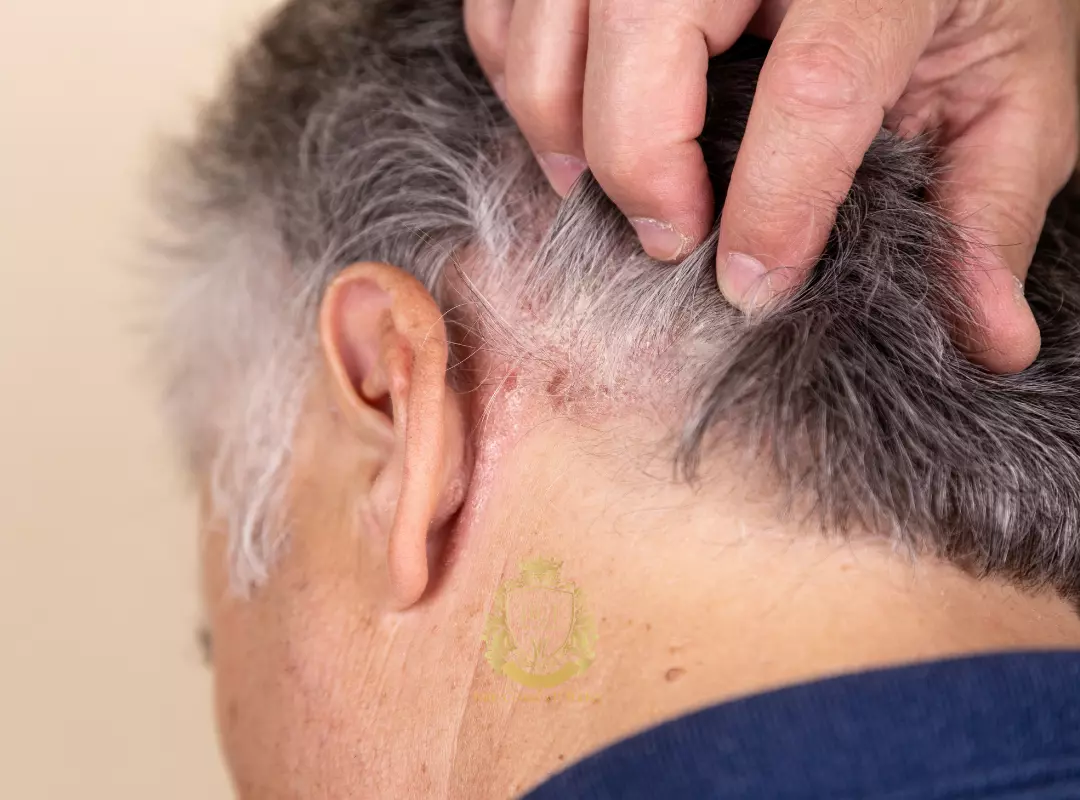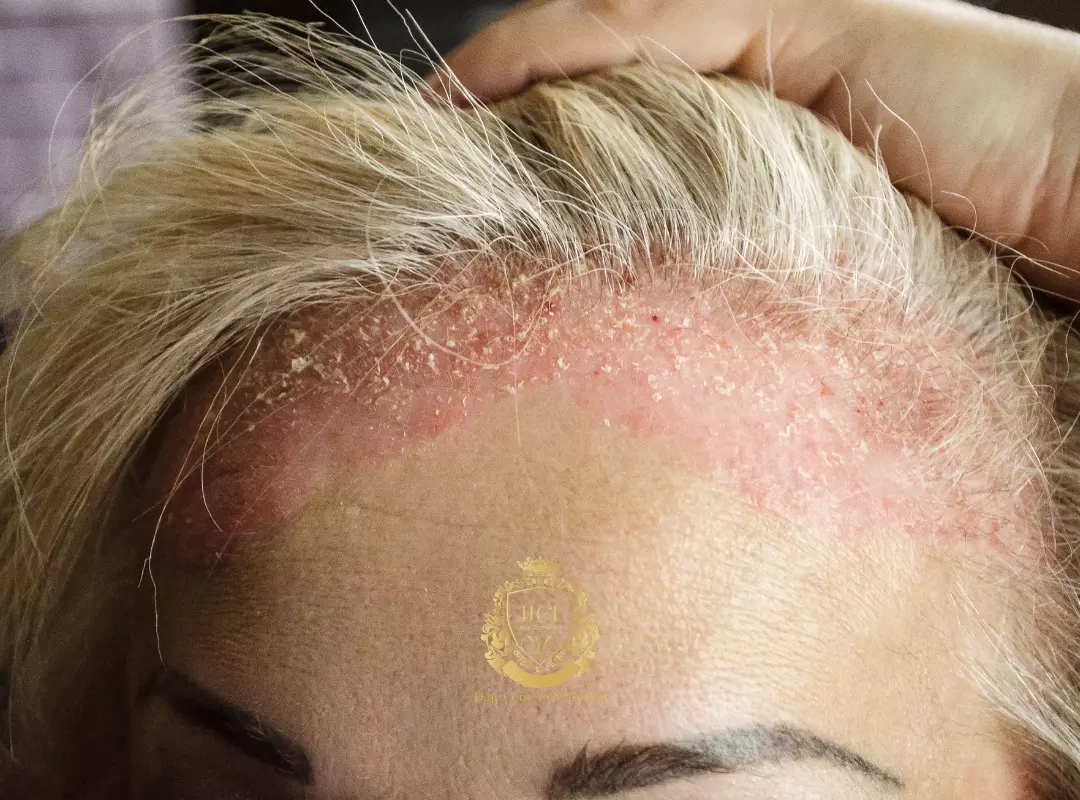Home » What Can Soothe Your Scalp: Tips for Tackling Scalp Eczema
What Can Soothe Your Scalp: Tips for Tackling Scalp Eczema

Scalp eczema – the uninvited guest that brings along itching, redness, flakes, and sometimes, even crustiness. It’s like a party crasher on your head, often going by the name of seborrheic dermatitis. The causes? Well, blame it on genetics, stress, dry skin, fungal infections, allergies, sensitivity to hair care products, and even hormonal changes. It’s a diverse bunch!
Triggers and Risk Factors of Scalp Eczema

The triggers and risk factors for scalp eczema are like a mixed bag of surprises. You’ve got your genetic factors, stress and anxiety playing their part, fungal infections doing a little dance, allergies throwing confetti, hormonal changes adding their twist, and overwashing hair making an appearance. It’s a carnival of chaos!
Now, when scalp eczema decides to crash your party, it’s essential to know what might help ease the discomfort. Here are some suggestions that might just be the VIP treatment your scalp needs:
1. Natural Oils:
– Coconut oil, olive oil, or argan oil can be your scalp’s superhero. Give your scalp a little massage with these oils, let it soak in, and then wash it out. It’s like a spa day for your head.
2. Aloe Vera Gel:
– Aloe vera gel, the cool cat of the plant world, has anti-inflammatory properties. Apply some clean aloe vera gel to your scalp, massage it in gently, and let it work its magic.
3. Probiotic Foods:
– Probiotic foods can be the guardians of scalp eczema control. Yogurt, kefir, and fermented veggies can support your immune system, easing those pesky symptoms. These foods help maintain a healthy bacterial balance in your digestive system, potentially reducing eczema severity.
4. Tea Tree Oil:
– Tea tree oil is the superhero of the essential oils. Mix a few drops with a carrier oil, apply it to your scalp, and let it fight the eczema battle.
5. Soothing Shampoos:
– Opt for shampoos specifically formulated to calm irritated scalps. Look for natural ingredients that reduce irritation and soothe your scalp.
6. Dietary Habits:
– Sometimes, what you eat can influence scalp eczema. Foods rich in omega-3 fatty acids like fish, walnuts, and chia seeds can help reduce inflammation in the scalp.
Remember, responses to scalp eczema treatments can vary from person to person. If symptoms persist or are severe, seeking advice from a healthcare professional is crucial.
Now, go pamper that scalp, and let the good hair days roll in!
FAQ (Frequently Asked Questions)


